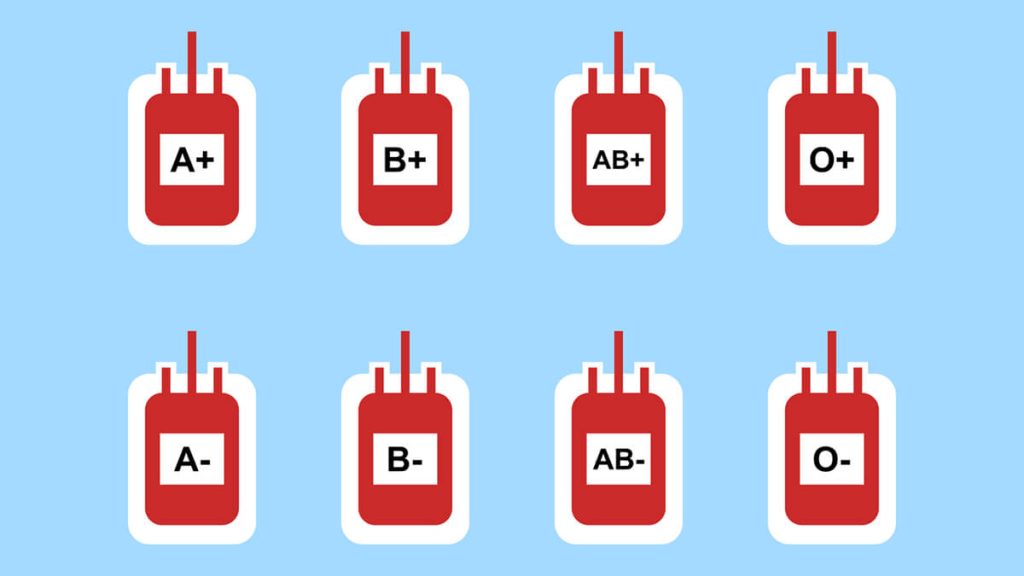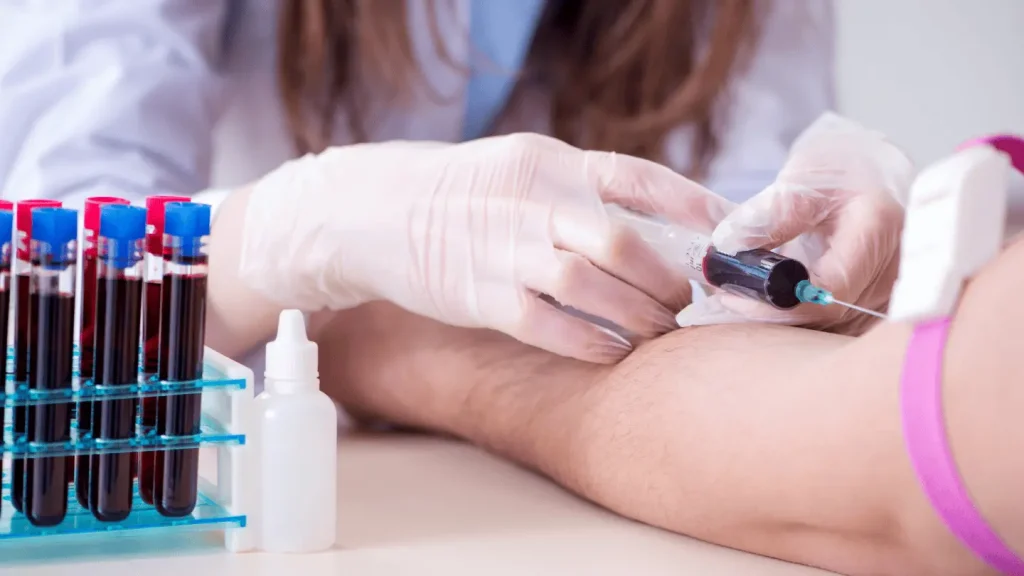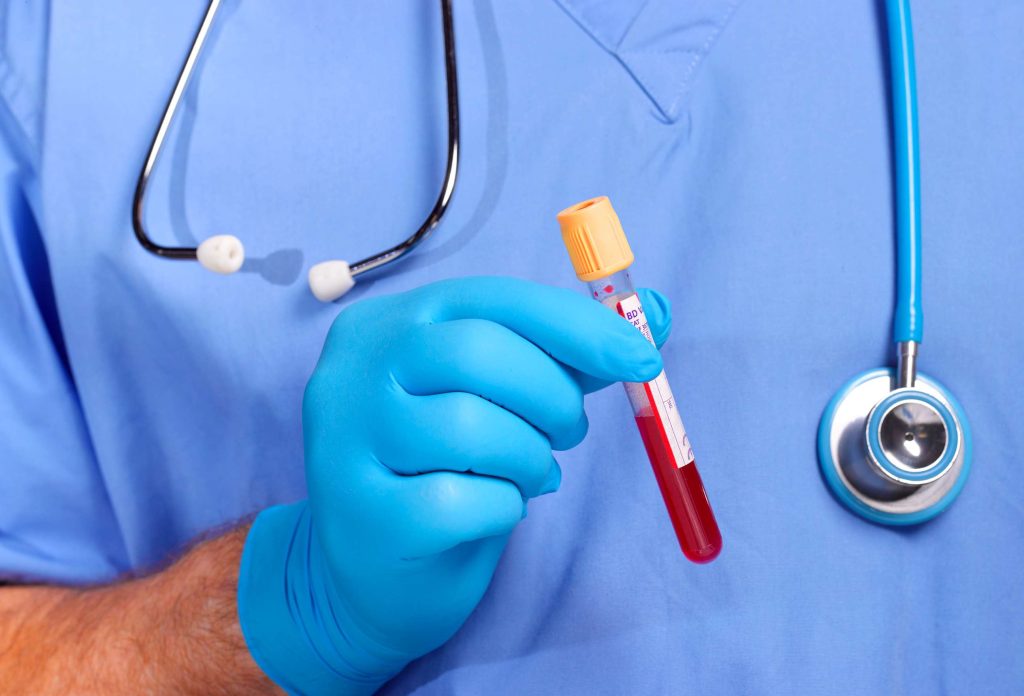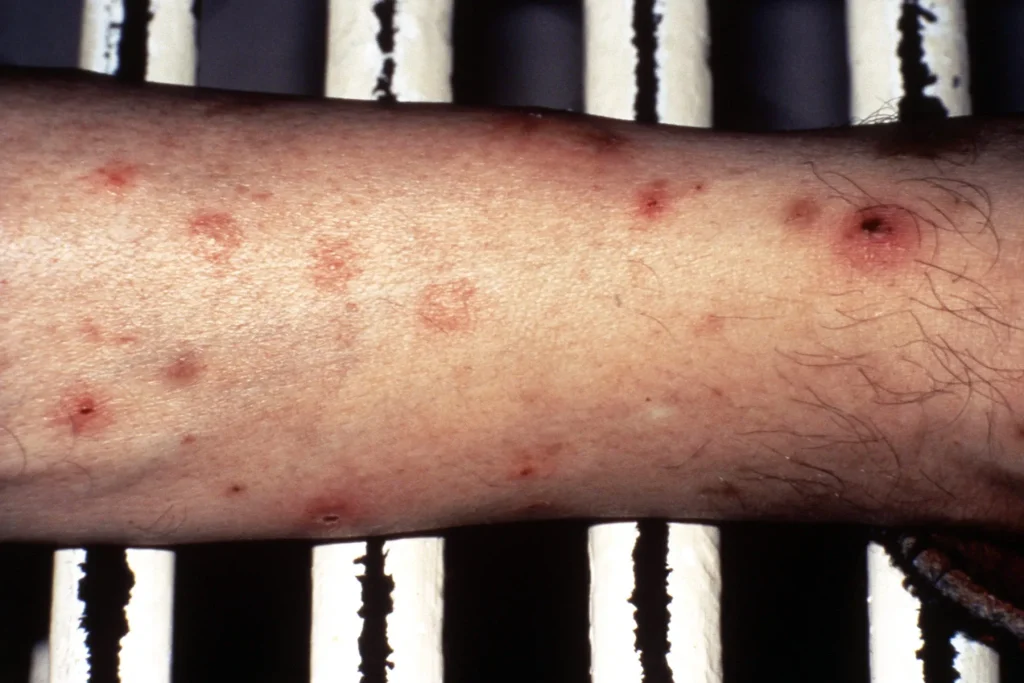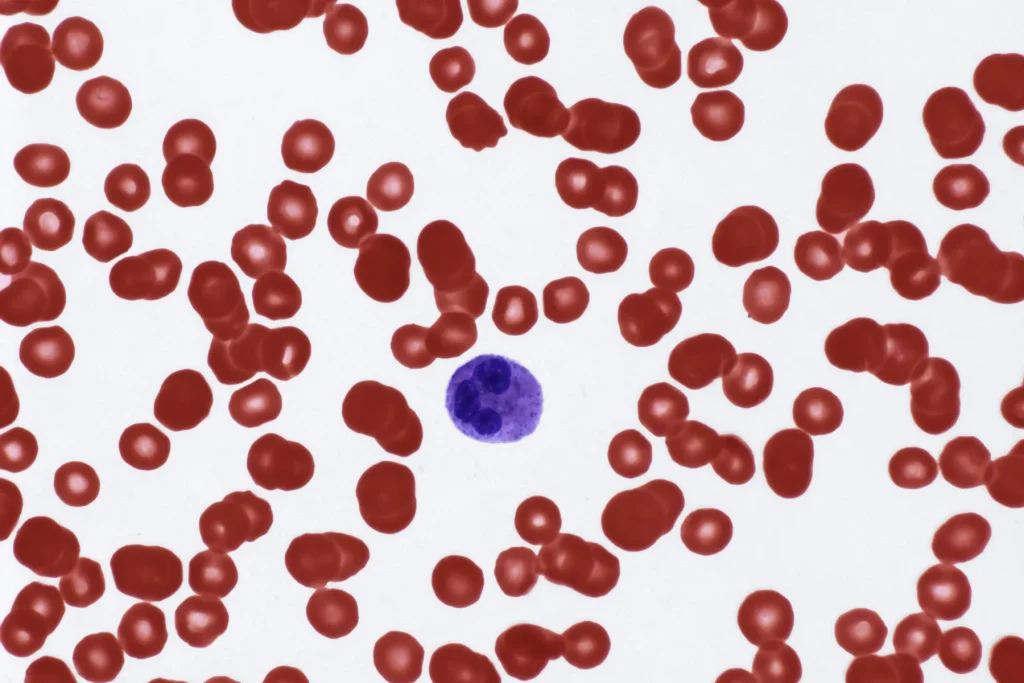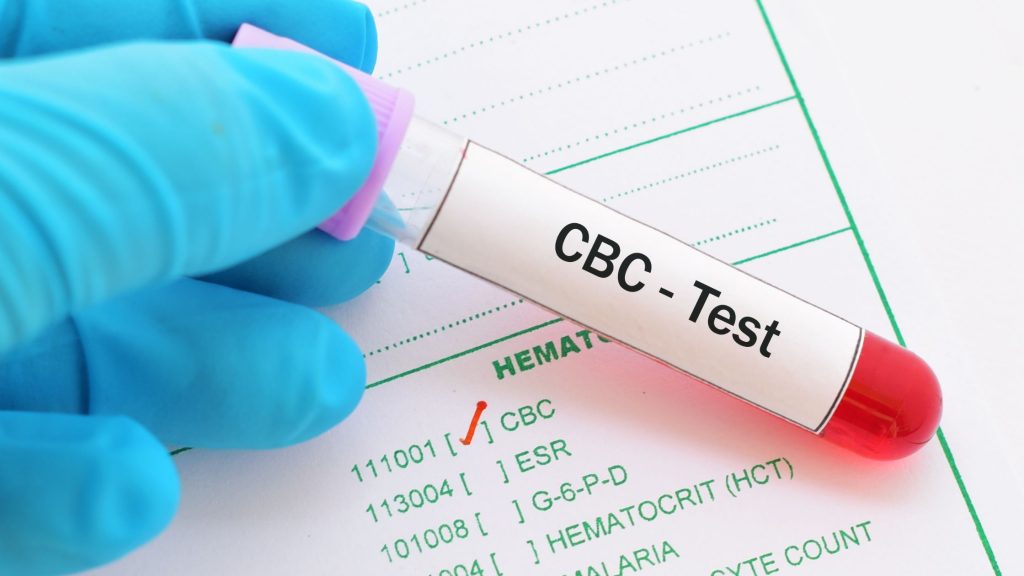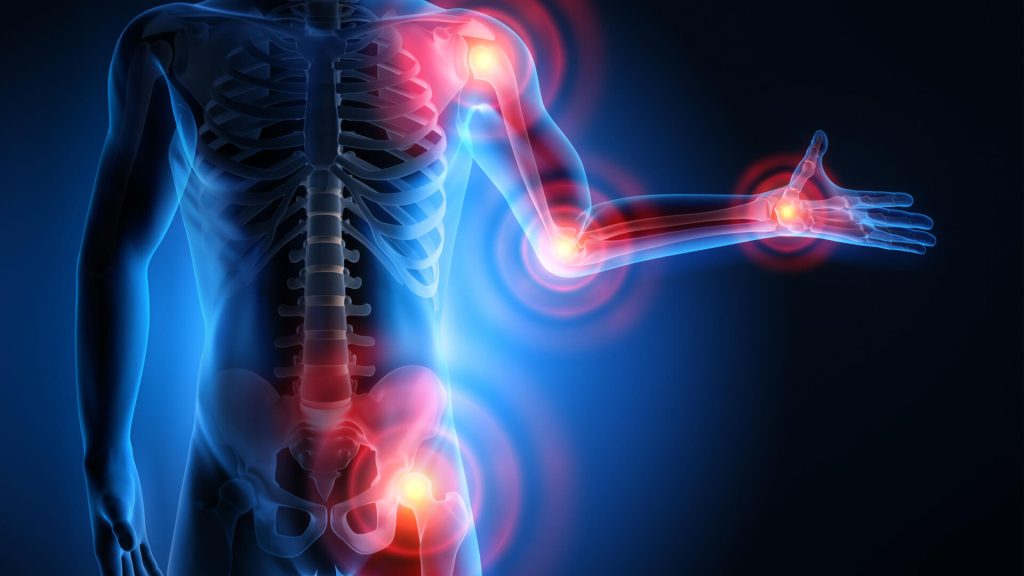Fascinating World of Hematology
Dubai’s healthcare system has made impressive advances in the field of hematology, providing residents with world-class diagnostic and treatment services. Hematology, the study of blood and its disorders, plays a vital role in modern medicine. The field covers everything from anemia to blood cancers such as leukemia, ensuring patients receive the best possible care.
The Role of Hematology
Hematology is crucial for the diagnosis and treatment of various blood-related conditions. These include common problems such as anemia, which can have multiple causes and affect overall health. Anemia can be caused by iron deficiency, chronic diseases or genetic disorders. By understanding the root cause, hematologists can provide targeted treatments and improve patients’ quality of life.
Blood Cancers: A Major Focus
Blood cancers such as leukemia, lymphoma and myeloma are important areas of focus for hematology. These diseases can be life-threatening, but advances in Dubai’s medical facilities offer hope. Early detection and innovative treatments have significantly increased survival rates. For example, the Dubai Health Authority provides detailed guidelines on the management of blood cancers, highlighting the importance of early detection and personalized treatment plans.
Innovative Treatments
and Research
In Dubai, continuous research and innovation are driving hematology forward. New treatments such as targeted therapies and immunotherapy are transforming patient outcomes. Researchers are constantly exploring new ways to treat blood disorders, ensuring patients have access to the latest advances. The UAE Ministry of Health and Prevention is a valuable resource for information on the latest treatments and ongoing research in the field of hematology.
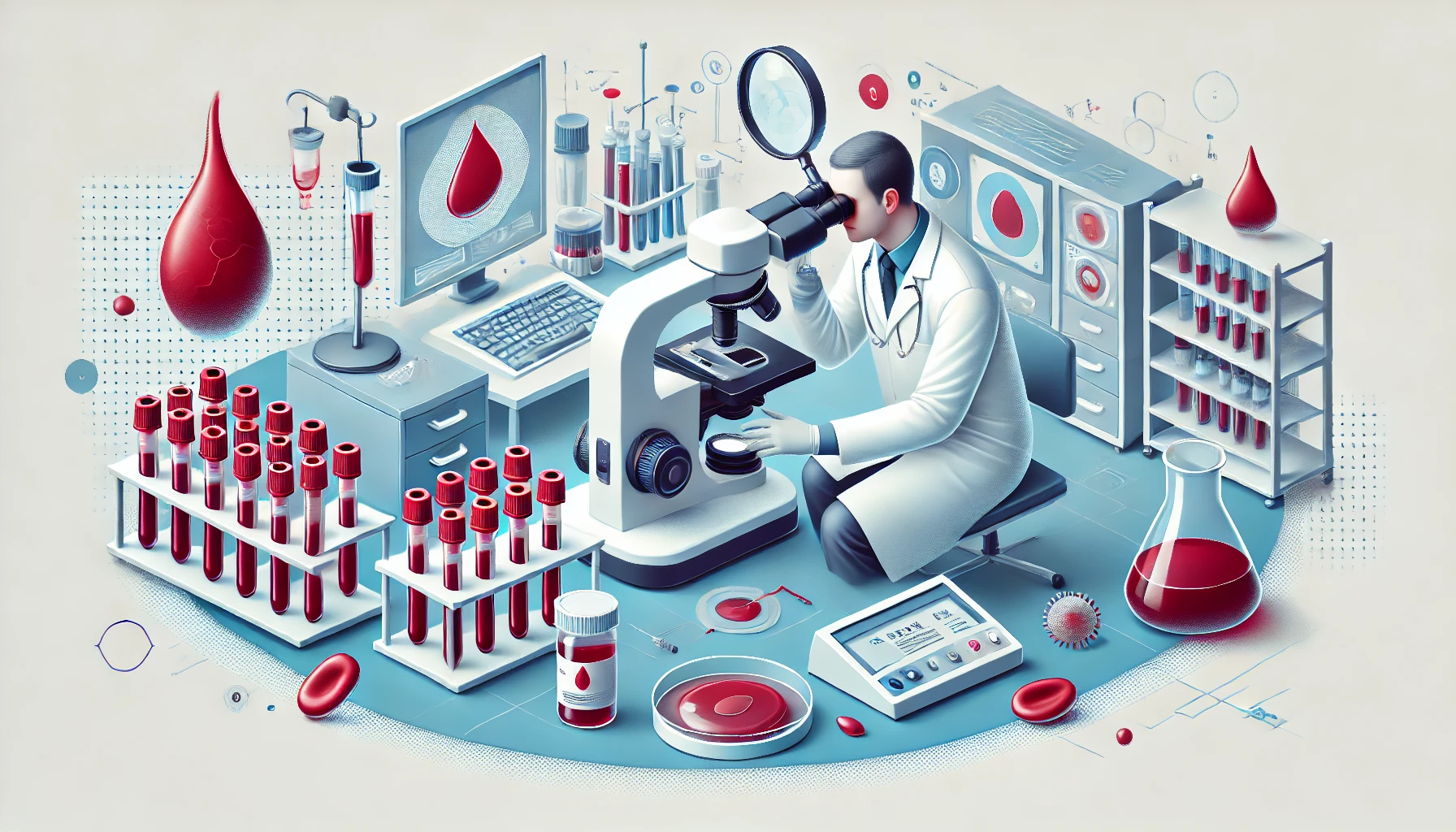
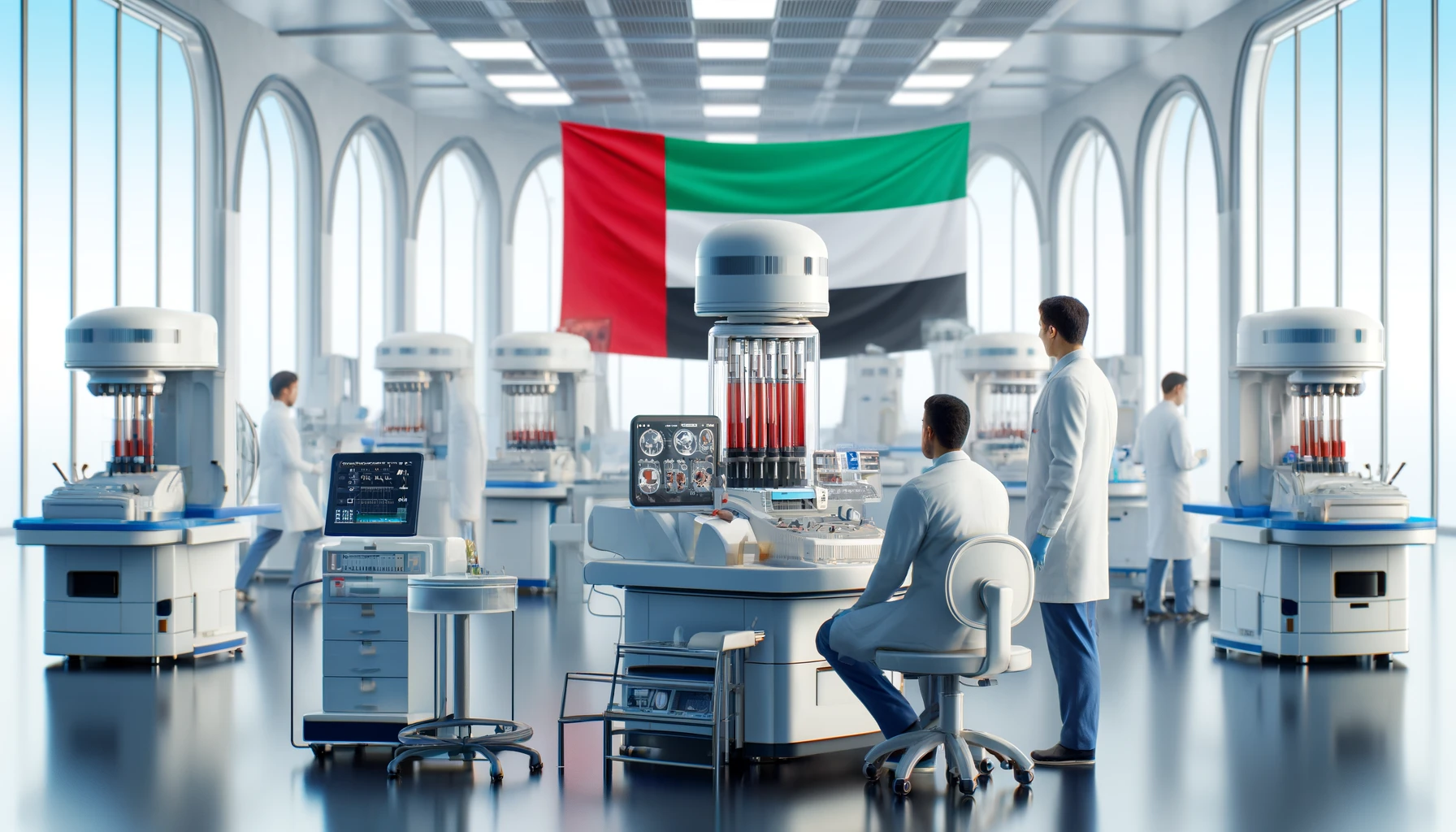
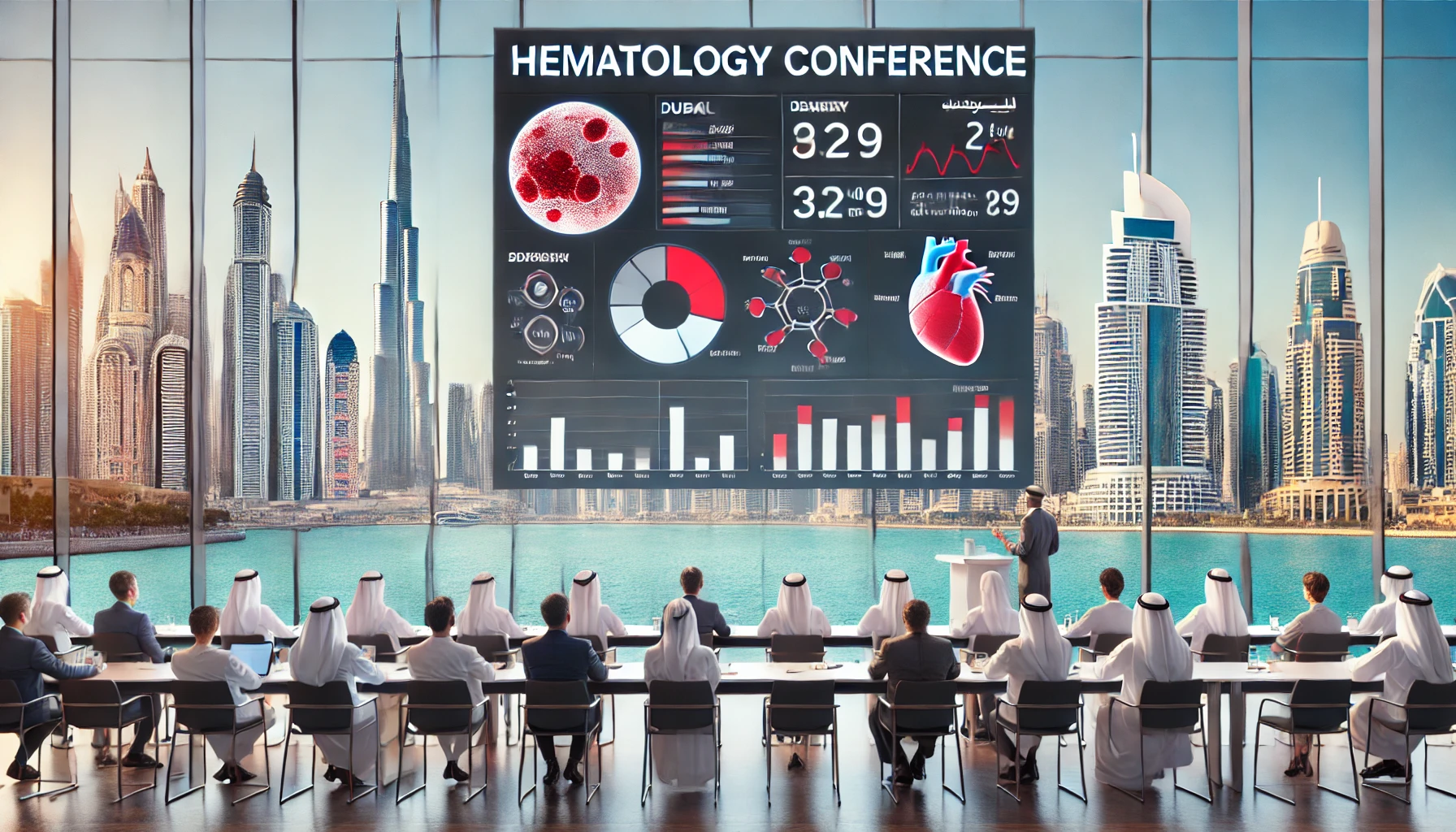
Genetic disorders affecting the blood, such as sickle cell anemia and thalassemia, are also key areas of hematology. These conditions require specialized care and management that hematologists in Dubai are well equipped to provide.
The Importance of Blood Donation
Blood donation is another critical aspect of hematology. It saves lives and supports medical treatments for various diseases. Dubai’s health authorities regularly organize blood donation campaigns, encouraging residents to contribute to this life-saving practice. The Abu Dhabi Blood Bank makes it easy for residents to participate by providing detailed information on how to donate blood and its benefits.
Hematology in Everyday Health
Regular blood tests are an important part of routine health checks. They can detect a range of conditions early on, from infections to chronic diseases. Hematologists analyze these tests to make accurate diagnoses and recommend appropriate treatments. For more information on the importance of regular blood tests and how they contribute to overall health, Dubai Health Authority provides comprehensive guidelines.
Impact of Hematology
Hematology’s impact on healthcare in Dubai is profound, offering residents access to cutting-edge treatments and comprehensive care for blood disorders. By staying informed about the latest advancements and participating in blood donation drives, individuals can contribute to a healthier community.
Conclusion
In conclusion, hematology is a dynamic and important field that continues to evolve, offering hope and better outcomes for patients. By understanding the importance of blood health and supporting ongoing research, we can all play a role in advancing medical science and improving healthcare in Dubai.
Advances in
Hematology Technology
The field of hematology in Dubai is not only about traditional treatments, but also about embracing technological advancements. The integration of the latest technologies such as automated blood analyzers and advanced imaging techniques have revolutionized the diagnosis and treatment of blood disorders. These technologies enable more precise and rapid diagnoses, leading to faster and more effective treatment plans. For example, the use of artificial intelligence in hematology laboratories is improving the accuracy of blood tests, making it easier to detect abnormalities at an early stage.


Articles
Understanding the Rh Factor in Blood Types
Many people first hear about the Rh factor during a routine blood test, yet few realize how this small protein can play such a meaningful role in pregnancy, transfusion decisions[…]
Read moreCan Stress Impact Your Blood Test Results?
Have you ever wondered why some blood test results look slightly different even though your routine feels almost identical from week to week? Many people try to understand these changes[…]
Read moreCommon Medications That Affect Blood Counts
According to our editor’s research, many commonly used medications interact with bone marrow activity in subtle ways that surprise patients during routine tests. This interaction may change production speed, disrupt[…]
Read moreMonitoring Blood Health During Chemotherapy
Have you ever looked at your blood test printout and felt completely lost. Many people see those small numbers and strange abbreviations and quietly panic. During chemotherapy, blood tests become[…]
Read moreEarly Warning Signs and Symptoms of Blood Cancer
The insidious nature of blood cancer, which encompasses malignancies like leukemia, lymphoma, and multiple myeloma, often lies in its initial clinical presentation—a subtle, unspecific constellation of symptoms easily mistaken for[…]
Read moreUnderstanding What Causes Low White Blood Cell Count
The presence of a diminished white blood cell (WBC) count, medically termed leukopenia, is a significant finding in diagnostic hematology and never an isolated event; it is consistently the outward[…]
Read moreWhat Is a Complete Blood Count (CBC) Test Used For?
The Complete Blood Count (CBC) is not merely a routine laboratory test; it stands as one of the most fundamental, information-rich, and non-invasive diagnostic tools available in modern medicine. At[…]
Read moreThe Link Between Inflammation and Blood Health
The circulating blood, often viewed merely as a transport system for oxygen and nutrients, is in fact a dynamic, real-time reflection of the body’s internal state, intricately linked to the[…]
Read moreIron Supplements: Are They Always Necessary?
The perceived need for iron supplementation is often based on vague feelings of fatigue or general weakness, leading many individuals to self-prescribe over-the-counter pills without a definitive medical diagnosis. This[…]
Read more
